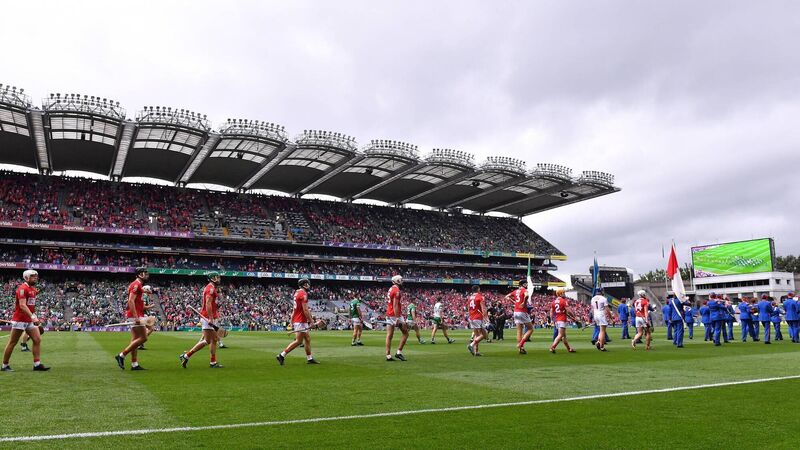John Fogarty: Time to give hurling the football final slot

Cork have a gaping three-week break in their provincial campaign. Provincial finalists have a yawning four weeks to wait for their All-Ireland semi-finals. Does there really need to be two weeks between All-Ireland quarter and semi-finals? Photo by Piaras Ó Mídheach/Sportsfile











